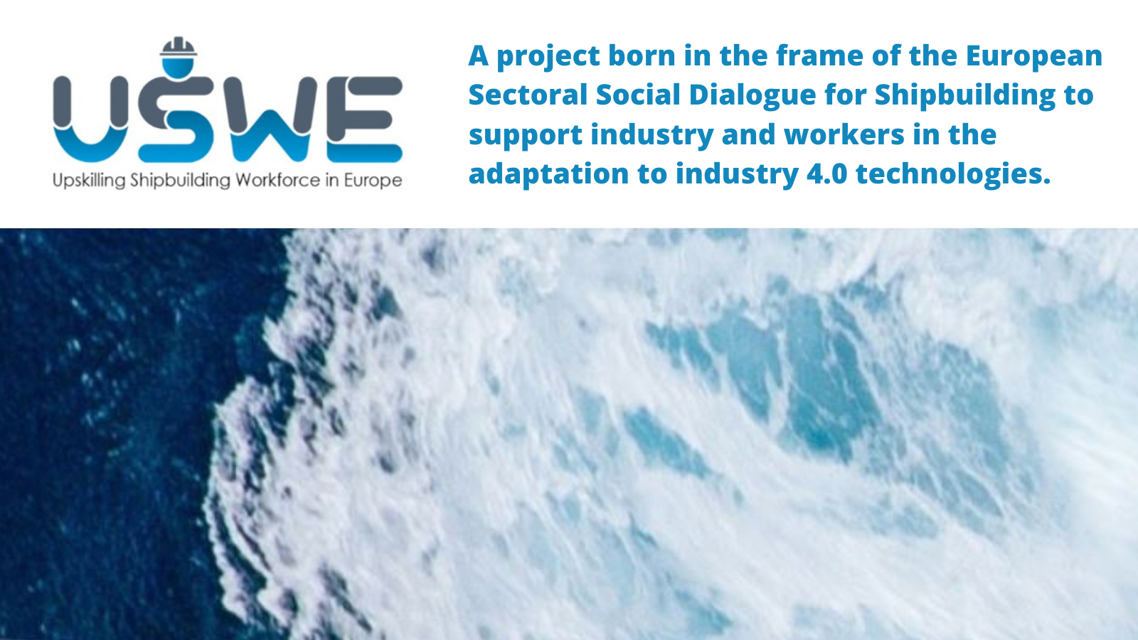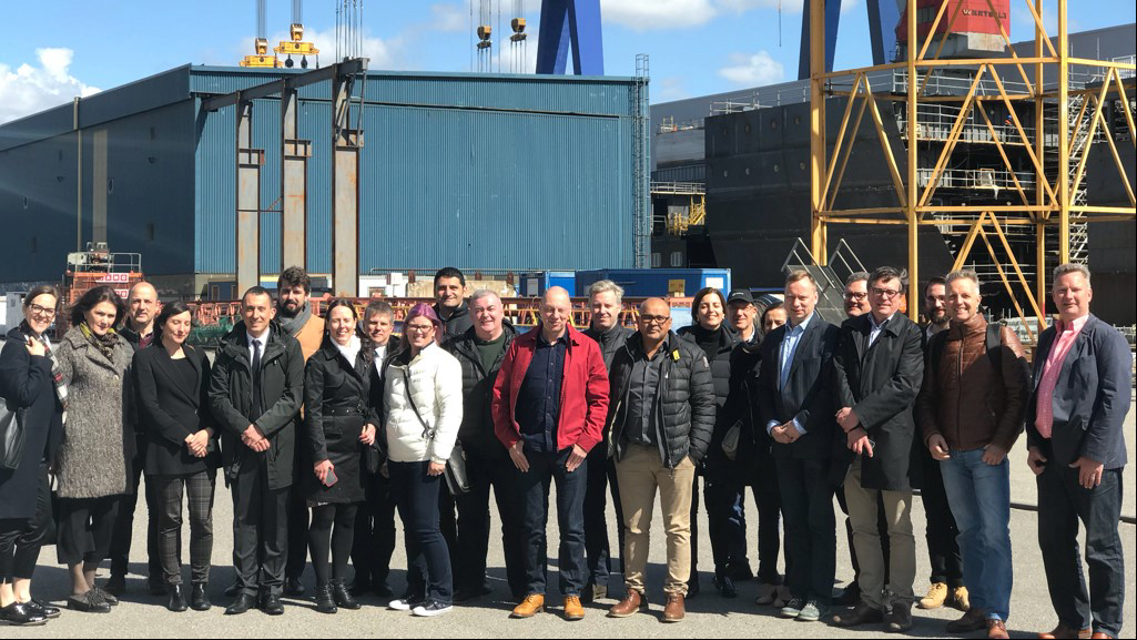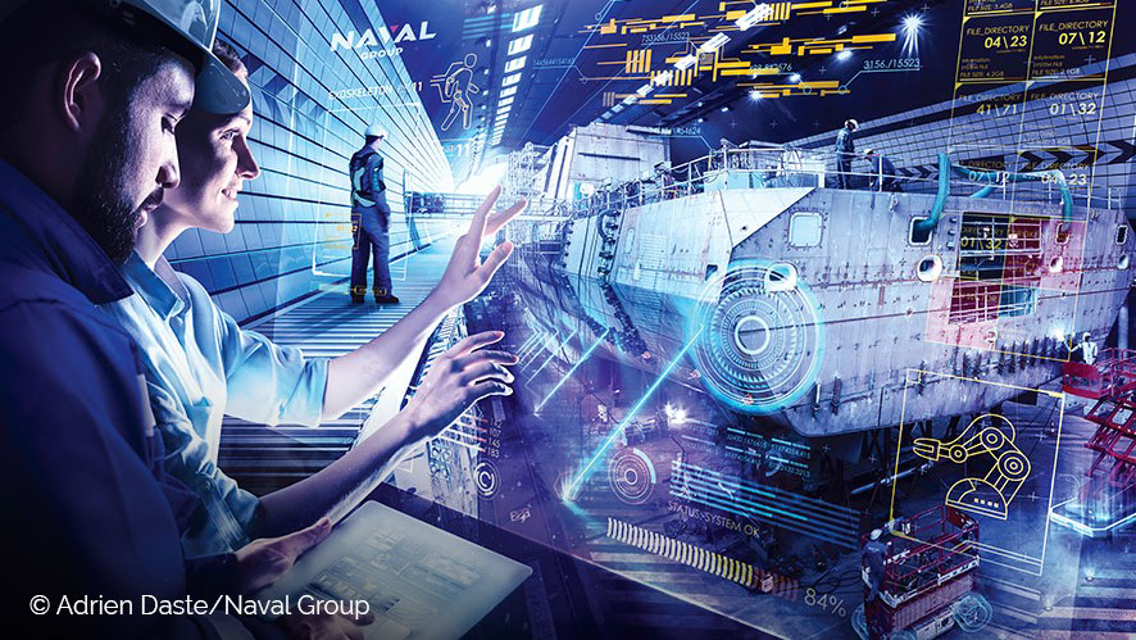Workers are at the heart of the industrial process and the need to upskill and reskill these employees throughout their professional life is crucial.
Following the end of the USWE project, a two year skills project involving workshops, surveys, shipyard visits and a high level event in the European Parliament, the social partners SEA Europe and industriAll Europe note the success of the project and plan to continue their crucial work in the field.
The USWE project (Upskilling Shipbuilding Workforce in Europe) was co-financed by Erasmus+ and demonstrated extraordinary stakeholder engagement with 70 organisations from shipyards, suppliers and industrial associations, to trade unions, technical universities and education providers from across Europe.
USWE build on the previous work of the EU social dialogue committee and in particular sought to further identify the main skills gaps in relation to key megatrends, notably decarbonisation and digitalisation.
Christophe Tytgat, Secretary General of SEA Europe, said:
‘’The Maritime technology sector in Europe faces tough global competition, which has worsened with Covid-19. At the same time, the sector is confronted with important challenges, such as the twin green/digital transition, which also offer interesting opportunities. The industry is committed to continue to make the most innovative, high-tech and greenest products on the global market to meet the European Green Deal targets. The maritime technology industry is a strategic sector for Europe and its strategic autonomy. Therefore, it is essential that we have a highly-skilled workforce who can produce these innovate, high-tech and greenest products.’’
The project launched by the social partners, co-ordinated by Tknika the Basque VET Applied Research Centre with expert input from Turku University of Applied Sciences, was a truly European project. Not only via the background of project partners but also via direct input from all major Member States active in the sector. Furthermore, the onsite visits, including a shipbuilding school, ensured that the project was much more than simply a remote desk project. The project partners were able to really get into the subject and set out concrete recommendations backed by sector experts.
The project’s final reports set out its findings and these concrete recommendations such as the creation of a Skills Analytics Framework plus an observatory in order to have clear oversight, increased coordination between key stakeholders, support for regional stakeholders to develop and/or reinforce their regional skills management systems and the creation of a EU Pact for Skills for the sector.
Judith Kirton Darling, Deputy General Secretary of industriAll Europe, said:
‘’Europe has a proud history of shipbuilding and today’s advanced Maritime Technology sector is world class. Workers are at the heart of the industrial process and the need to upskill and reskill these employees throughout their professional life is crucial. The USWE project clearly listened to the voices of both workers and industry, the key partners in the sector, and we must continue to focus on skills to ensure that we have the best skilled workers in the world.’’
Just like lifelong learning, the work on skills is never over and already the social partners have used the success of the USWE project to build a strong Pact for Skills for the shipbuilding and maritime technology sector.
Project background note
Contact: Andrea Husen-Bradley (press and communication), Elspeth Hathaway (policy adviser)



.jpg?width=1200&height=640&rmode=max&format=jpg&quality=100)
